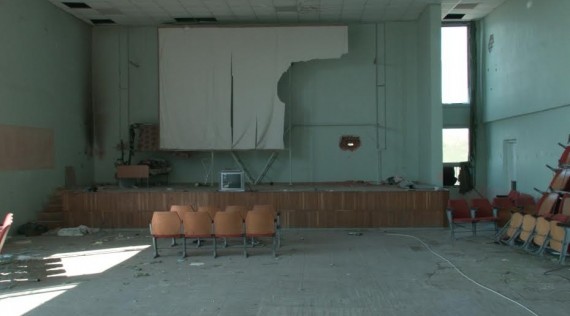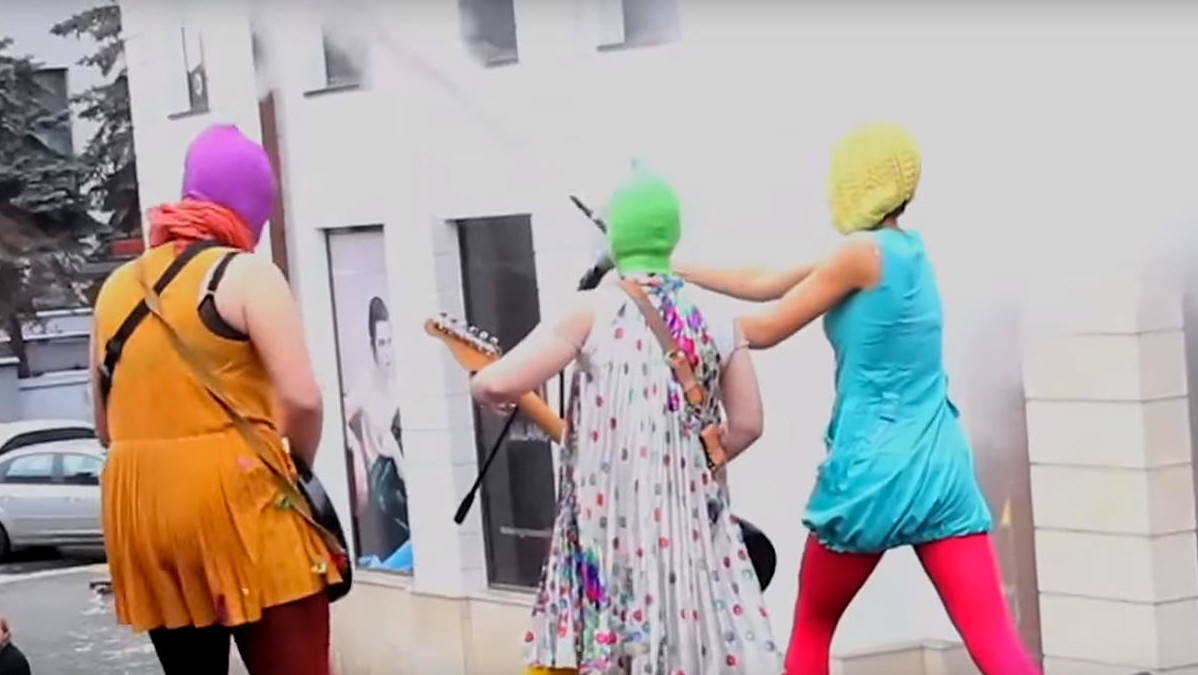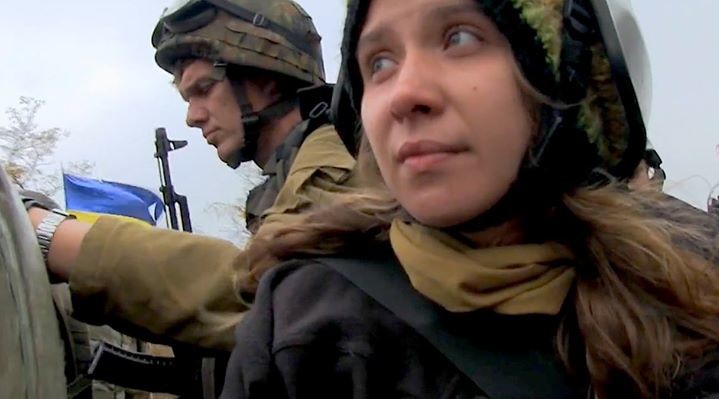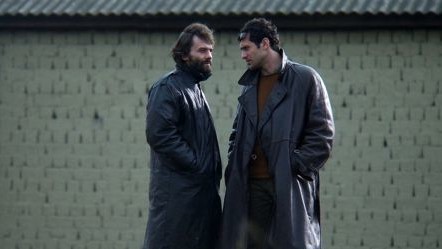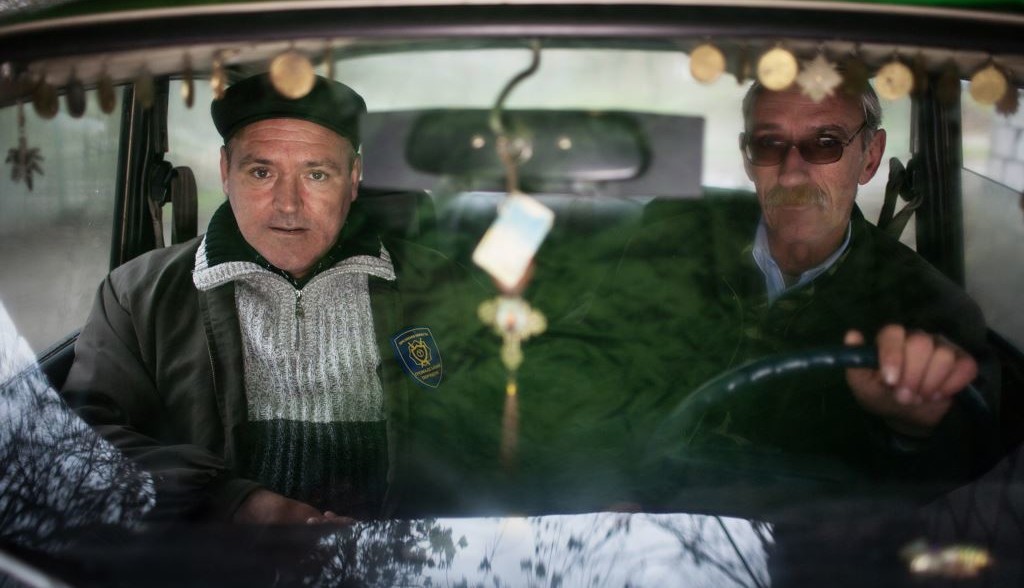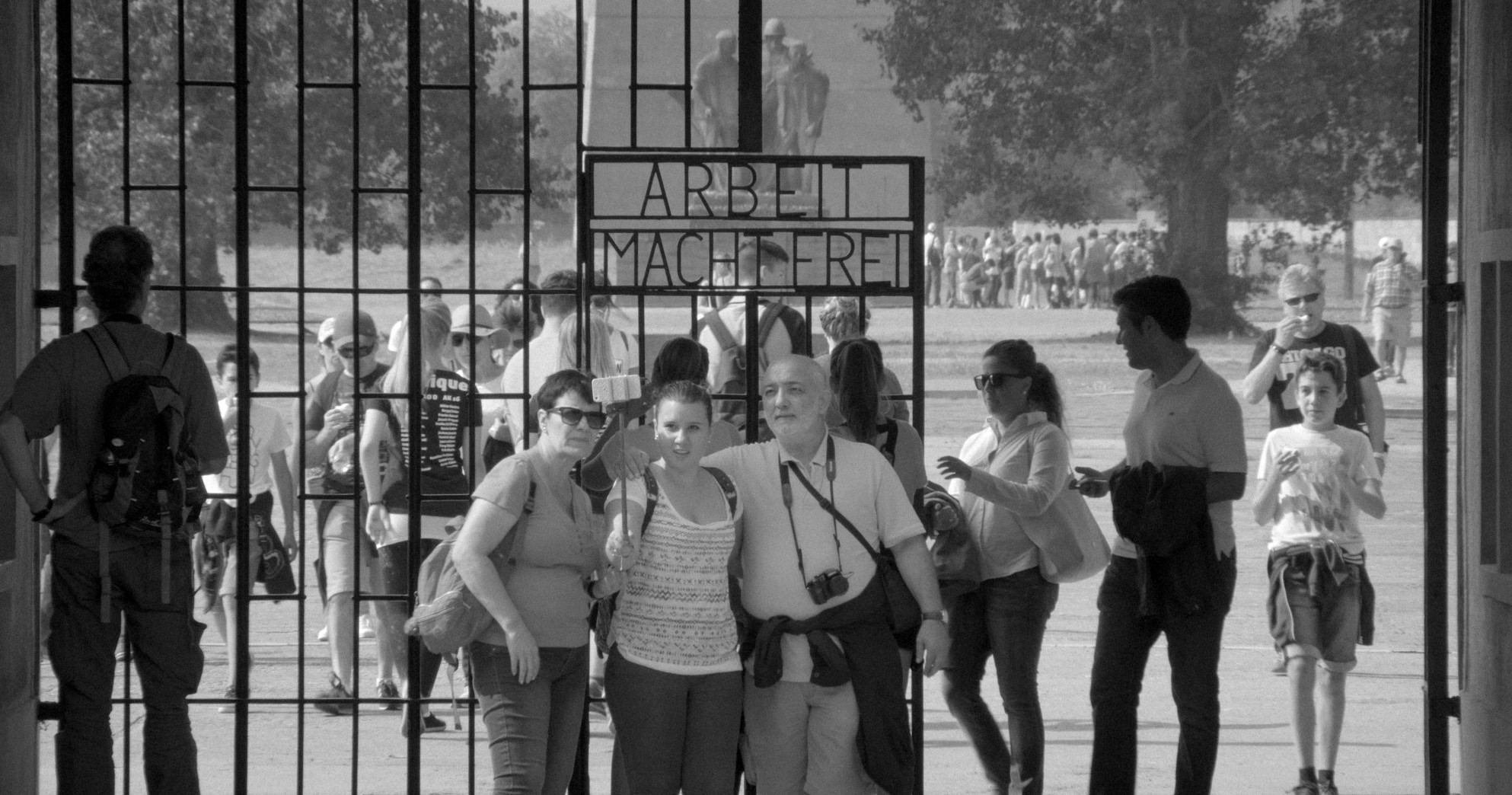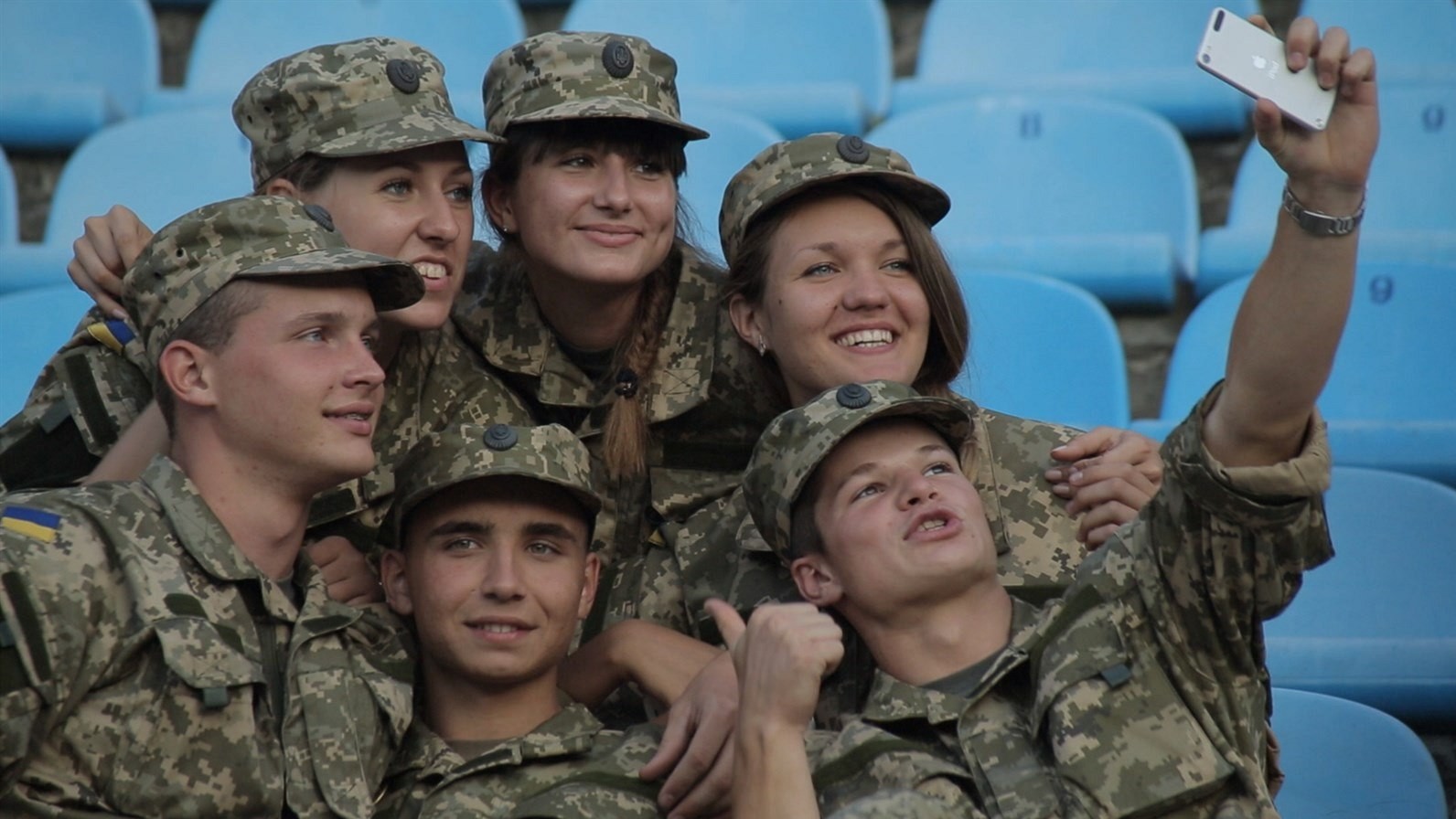
ARTDOCFEST/RIGA
The legendary festival in Moscow has grown to be more influential than it's creator Vitaly Mansky could have imagined. If his selection of documentaries from around the world makes the Russian Federation uneasy to the point where the filmmakers begin to fear for their lives it must be tackling something of great importance to the world as a whole. For the third year Riga is proud to welcome a part of that selection.
A man repairs his fishing net and goes out to the bridge. Two trams run into each other – nobody is hurt and cables are fixed the same day. A small concert is given for factory workers and the sincere performance of a violinist makes them cry. Bombs fall into the sea, no one notices.
Young actionist artists Nadezhda Tolokonnikova and Ekaterina Samutsevich decide to separate from the well-known actionist group Voina. They feel pressure of male participants of the group. They decide to create their own group that would express their ideas of female independence and liberty. That’s how the Pussy Riot is born, combining actionism, feminism, media activism and punk rock.
When the Maidan revolution was starting out, Alice was 26. Like many other directors she began filming the important events that took place in her country.
n 2007, a shocking video appeared on YouTube, showing two boys being brutally murdered by Russian neo-Nazis, marking the starting point of a series of extremely bloody incidents in Moscow. The Israeli filmmaker Vladi Antonevicz decided to investigate this case, which gradually became an obsession for him.
Like a bird in the sky, a small Ukrainian flag is flattering on the car of two ‘sheriffs’, the men elected by the locals in an Eastern Ukrainian village to protect them. The sheriffs save a woman from a snake; they help a local bum Kolya move into a desolate house hoping he will finally get on the right track; they save an illiterate Indian man from an inevitable arrest.
The filming of the new Sergei Loznitsa’s film took place in the concentration camps of Dachau, Bergen-Belsen, Ravensbrueck, Sachsenhausen and Dora-Mittelbau. The picture will tell a story of the museums that currently operate in the former camp territories. Yet the most important part of the film is the emotions of the tourists visiting the camps of death.
A story of the Siberian province. Girls passed directly on from orphanage to neuropsychiatric institutions are deprived of their rights as citizens: no freedom, no work, and no family. The path to reconquer these rights, in the face of fearsome Russian institutional bureaucracy, is long and difficult. At times, someone succeeds, but the new freedom is then a leap into the unknown…
Director Filip Remunda repeatedly heads with his camera to the Ukraine. His family roots and a close relationship with the local people allow him to peer into their personal and family lives and through them, reflect the situation in a society divided by opinion and politics. The story of a family, part of which lives in eastern Ukraine and the other in Kiev, is emblematic.
